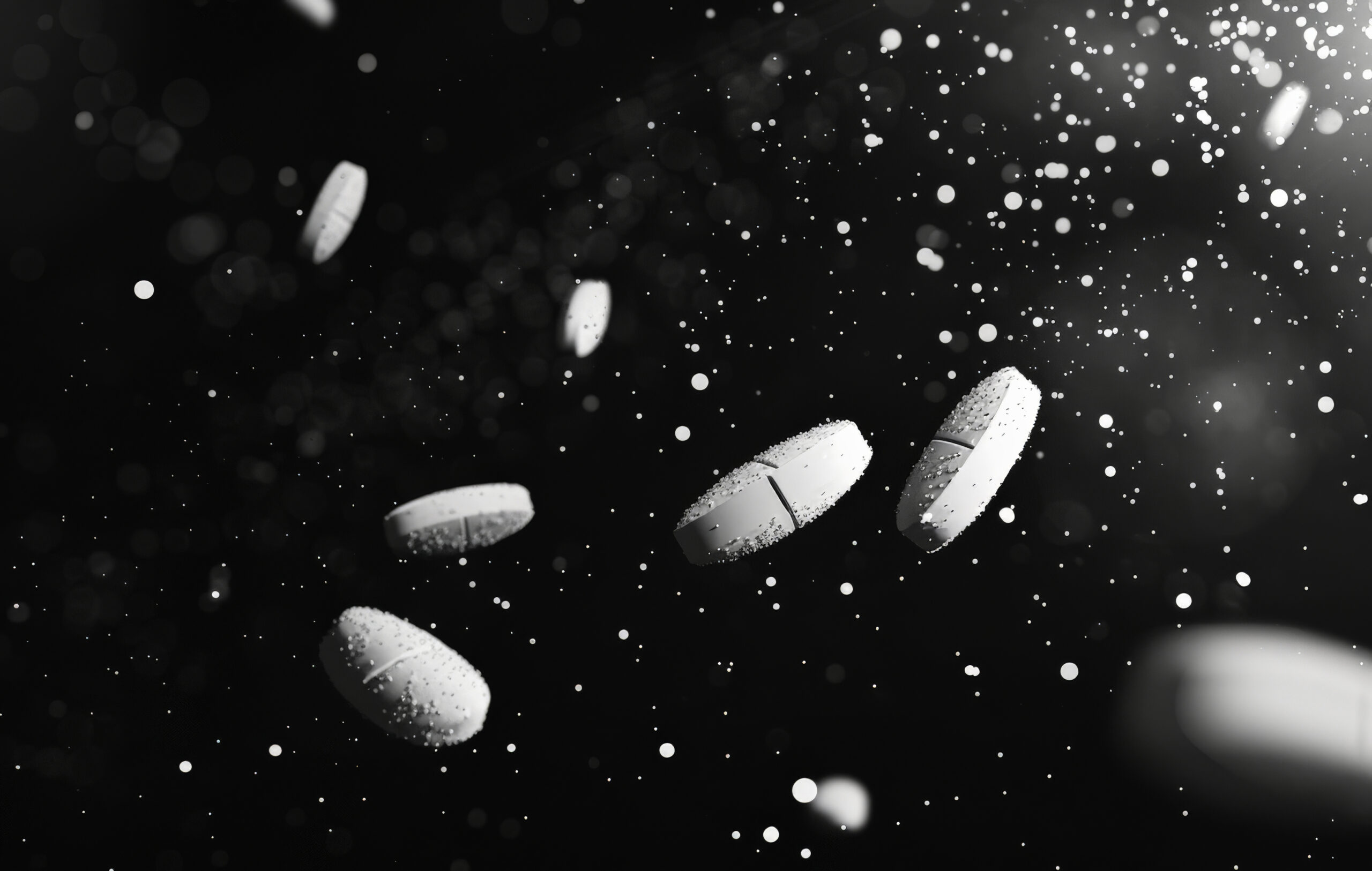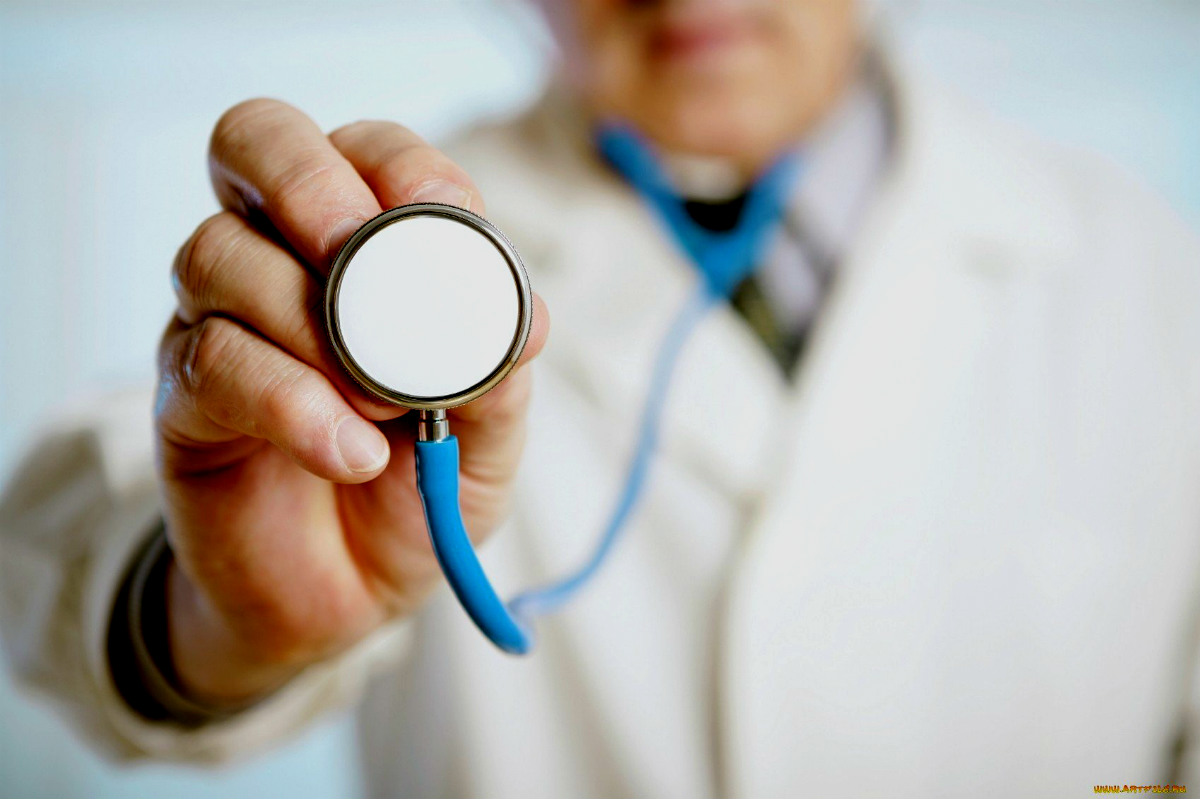Testosterone supports muscle protein synthesis, strength output, training capacity, recovery, and overall vitality—hence frequent searches such as testosterone for bodybuilding, TRT for bodybuilding, and what is TRT in bodybuilding. For some lifters with clinically low levels, treatment may help restore normal physiology; for others, training quality, sleep, nutrition, and stress management remain the main levers.
Testosterone Levels: “Normal” vs. “Optimal”
Adult male total testosterone commonly spans ~300–1,000 ng/dL. Response is individual, and many athletes feel best toward the upper end of normal when programming, recovery, and diet are aligned. The optimal testosterone levels for building muscle are personal and should be interpreted with a clinician; free T can be especially informative when SHBG is elevated.
When Does TRT Enter the Conversation?
Testosterone replacement therapy (TRT) is a medical treatment for diagnosed hypogonadism—not a performance cycle. The appropriate path is: symptoms → labs → diagnosis → clinician-directed plan with follow-up testing. This addresses common questions like how to get TRT for bodybuilding or TRT in bodybuilding without encouraging self-medication or gray-market sourcing.
Potential Benefits When Treating Deficiency
-
Muscle & Strength Support: Restoring low testosterone may support hypertrophy and training adaptations alongside progressive overload and adequate protein.
-
Recovery & Training Consistency: Addressing deficiency may help lifters recover between sessions and maintain workload.
-
Energy, Focus, Adherence: Balanced hormones can aid motivation and consistency with programming and nutrition.
-
Body Composition: In calorie deficits with resistance training, some patients may maintain lean mass more effectively; individual results vary.
Balanced Risk Perspective
Treatment decisions weigh potential benefits against known risks and require ongoing lab monitoring (e.g., hematocrit, estradiol when indicated, lipids, blood pressure). Therapy aims to restore physiologic levels—not create supraphysiologic “boosts.” Eligibility, product choice, and frequency are individualized by a licensed clinician. Prescribing Information.
Formulations & Clinical Selection
In medical settings, commonly used injectable formulations include testosterone cypionate or enanthate; selection and frequency are individualized by a clinician. Avoid crowd-sourced dosing questions like how much testosterone do bodybuilders take—dosing is clinical and based on diagnosis, labs, and risk management.
A Note on Peptides
This page is educational only. We do not offer or promote unapproved peptide products. Any therapy discussed must be FDA-approved for the intended use and prescribed by a licensed clinician.
Build Strength the Right Way
Optimizing testosterone is about restoring healthy physiology when deficiency is confirmed—not chasing a number. If symptoms and labs point to low T, clinician-guided TRT may help; if not, training, recovery, and nutrition remain the biggest drivers of progress. Keep decisions individualized, evidence-minded, and safety-first.
Compliance, Access & Privacy
Care is provided by clinicians licensed in your state, via telemedicine where permitted. Standards of care are equivalent to in-person visits. A prescription is not guaranteed and depends on your evaluation and labs. If this page uses scheduling forms or chat, your information is handled under our and applicable HIPAA safeguards; some analytics or tracking technologies may be limited or disabled to protect your data.



